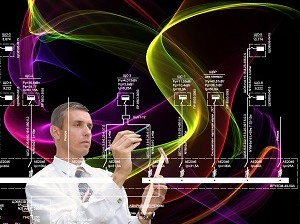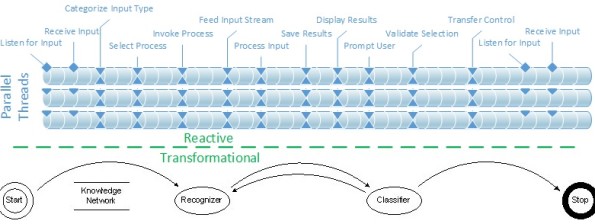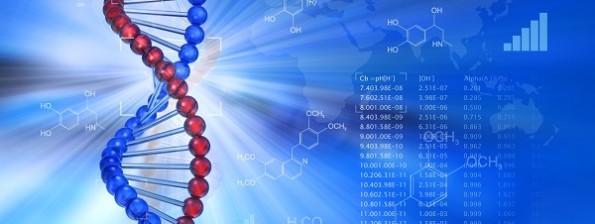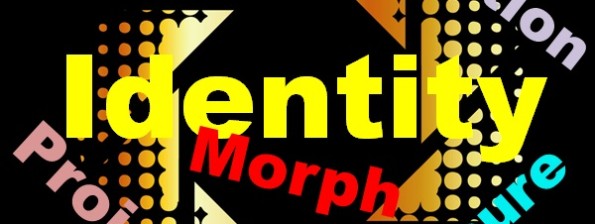Tag Archives: understanding
15 Jul From Perception and Learning to Logic

Perception and Learning I am not a cognitive scientist, so all I have said in this section is based on the work of others. On the other hand, I have probably spent more time seriously studying cognition than most computer geeks, and I have tried to form my perspectives around the best of our knowledge. The […]
08 Jul Playing the Slots

Frames and More You could just throw everything into the blender and see if a nice smoothie comes out. But for some cuisine and some complex processing tasks, the blender model is unsatisfactory. With neural networks and semantic networks and concept graphs, it may be best to separate things by category, choose different blender speeds, […]
07 Jul SPARQL Fireworks

How do you get at knowledge in conceptually structured information stores such as graphs? There are multiple ways to get data and information in broad use today. The most common is Structured Query Language (SQL) which is used as the almost universal access formalism for getting, storing and manipulating data in relational databases. An emerging standard […]
03 Jul Do Yawl do Petri Nets

Where do you draw a line? In geometry, digital theory, language and time, patterns tend to be linear: they bear distinct sequences. The sequences in these domains either contribute to the meaningfulness of the patterns, or, in the case of time, are the foundation of the patterns. Any logic that focuses on these sequential patterns is linear logic. Temporal Logic […]
01 Jul Chaos About Us

Chaos About Us Chaos is all about us. I know that for certain each time I look into my kids’ rooms. When I recall my own youth, however, it occurs to me that I had a reason for the way I organized my life. It seemed meaningful to me, and although I recall how difficult it was […]
23 Jun Information Transformation

Information Exchange and Transformation Knowledge does the most good when shared. Knowledge that gets lodged in one place may not be particularly useful to many people. But moving digital information from place to place has its dangers. Automating data movement can introduce security or confidentiality issues, data duplication challenges, as well as raising the specter of […]
16 Jun Genetic Cross-Pollination

Cross Pollination Many approaches exist for simulating intelligent behavior on computers. In the past, the most popular approach was to focus on developing a technique and applying it to a problem. Most basic research has focused on single paradigms and their properties. Sometimes, however, in domains where multiple approaches to problem solving are possible, some […]
10 Jun Survival of the Fittest Knowledge

Genetic Algorithms in Search I think we can safely assume that intelligent applications, including accurate language interpreters and translators, will possess large amounts of knowledge to be processed and searched. Genetic algorithms are great for searching for obscure data in massive search spaces. The mechanism for association in computers can be defined as searching, just as humans describe their […]
09 Jun In Search of Depth and Breadth

Depth-First Search Search is one of many functions needed in intelligent systems. Web search in systems like Google, Bing, Yahoo and Alta Vista use complex algorithms to help you find the information you want based on words. Words are patterns of letters strung together in a unique way. Searching is a kind of pattern matching. […]





